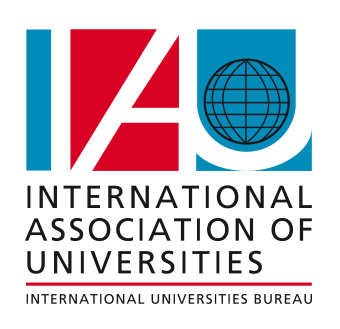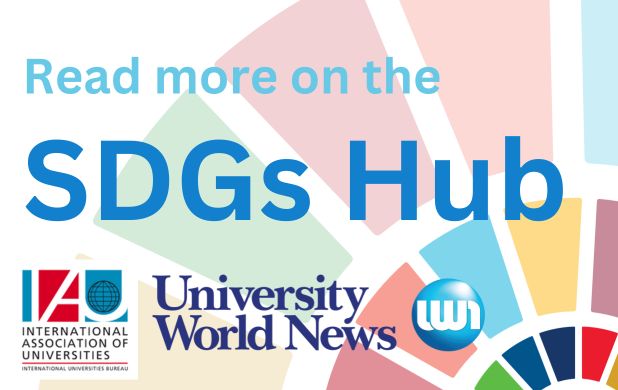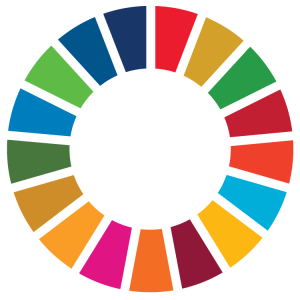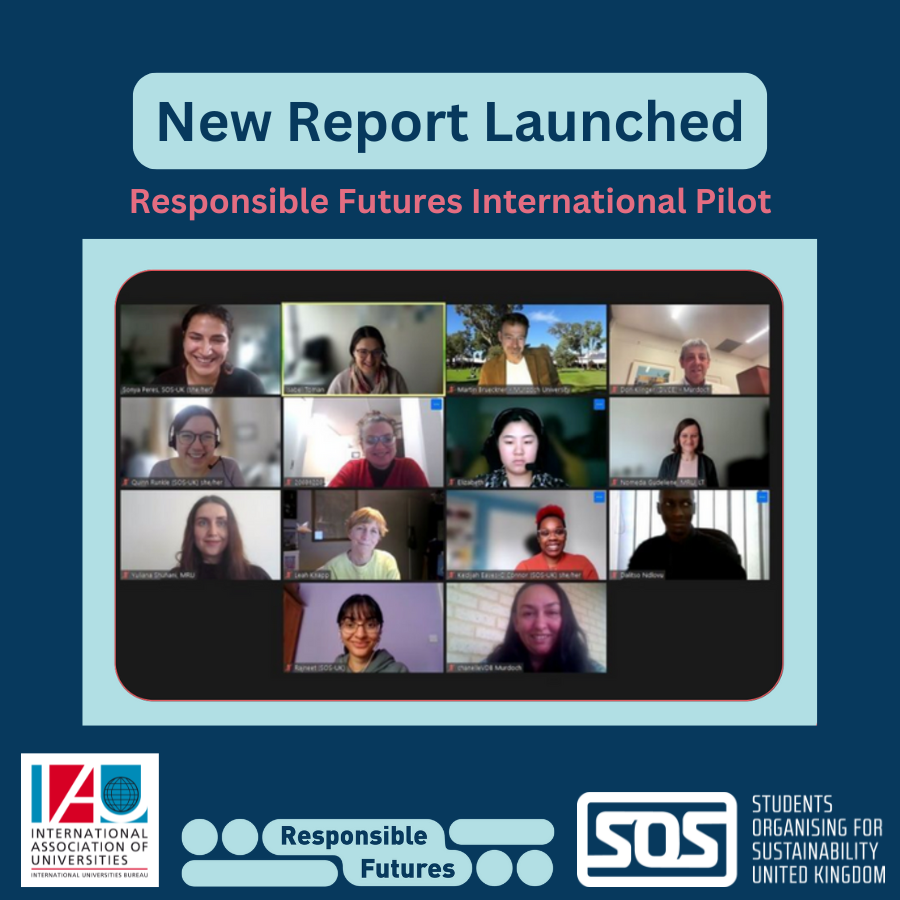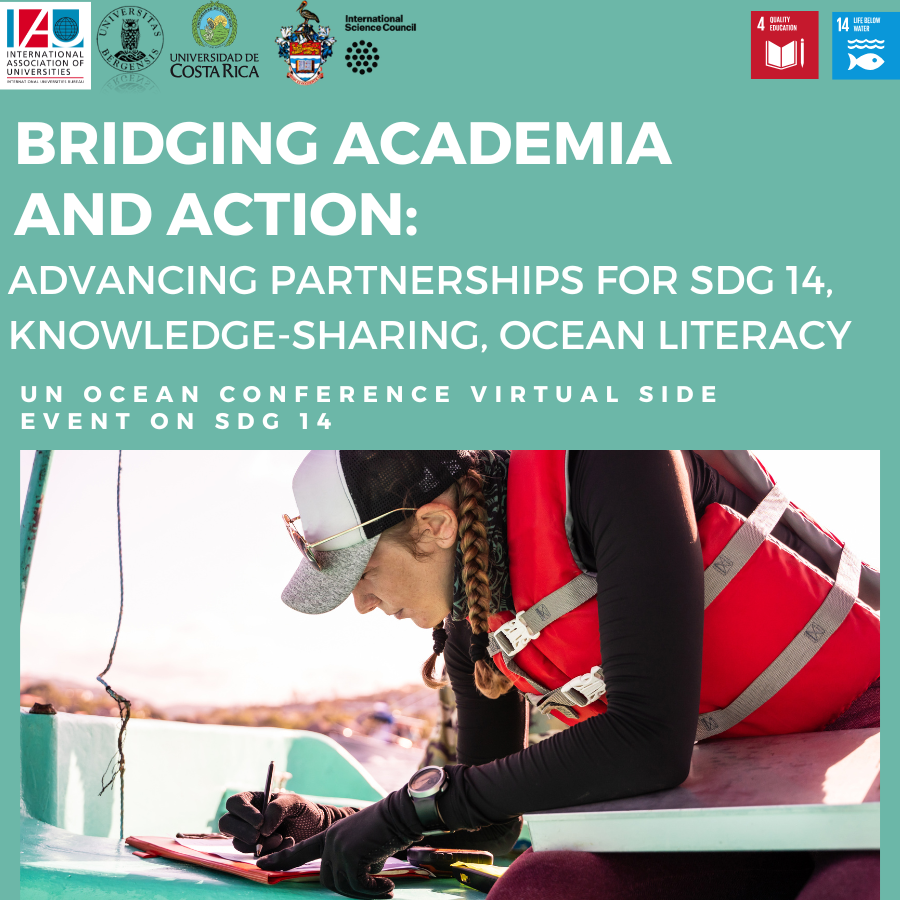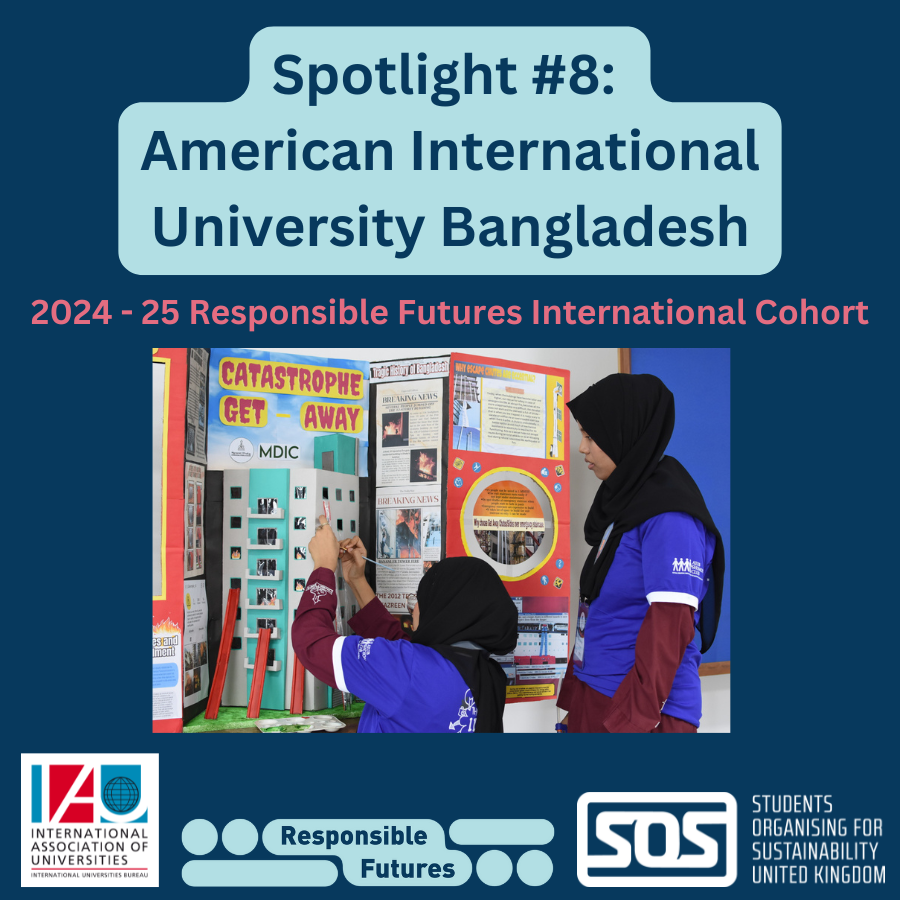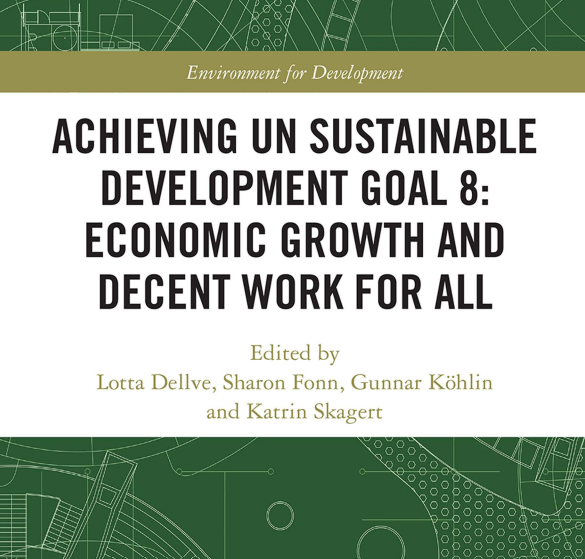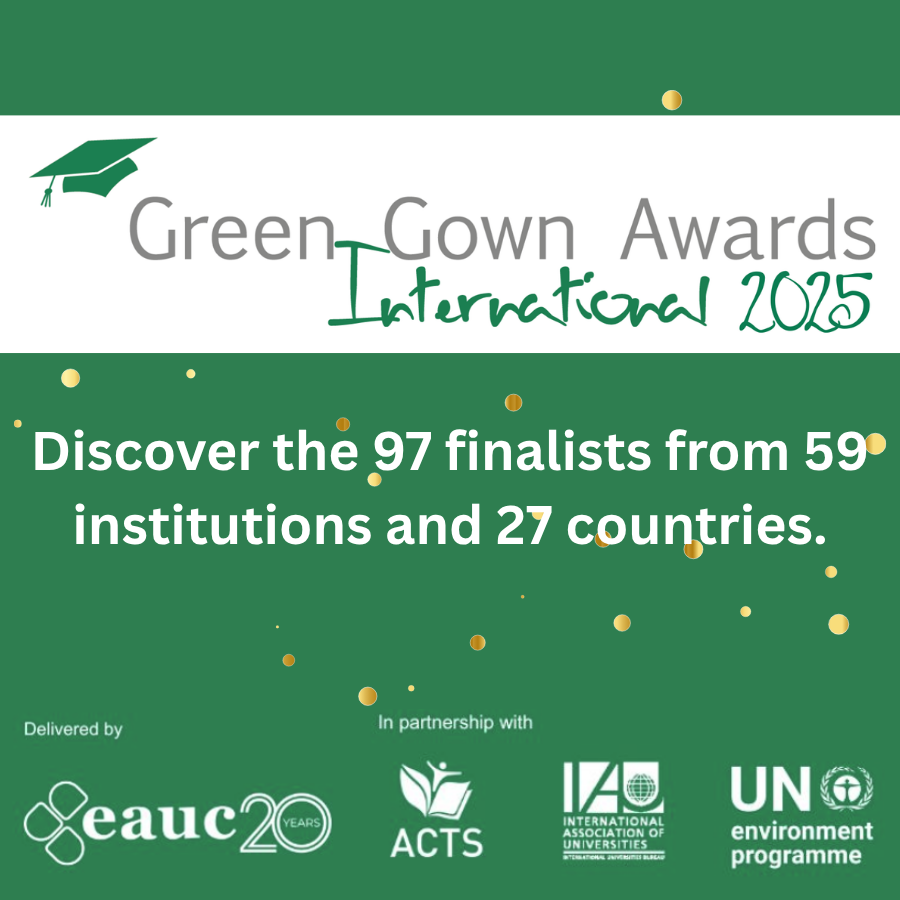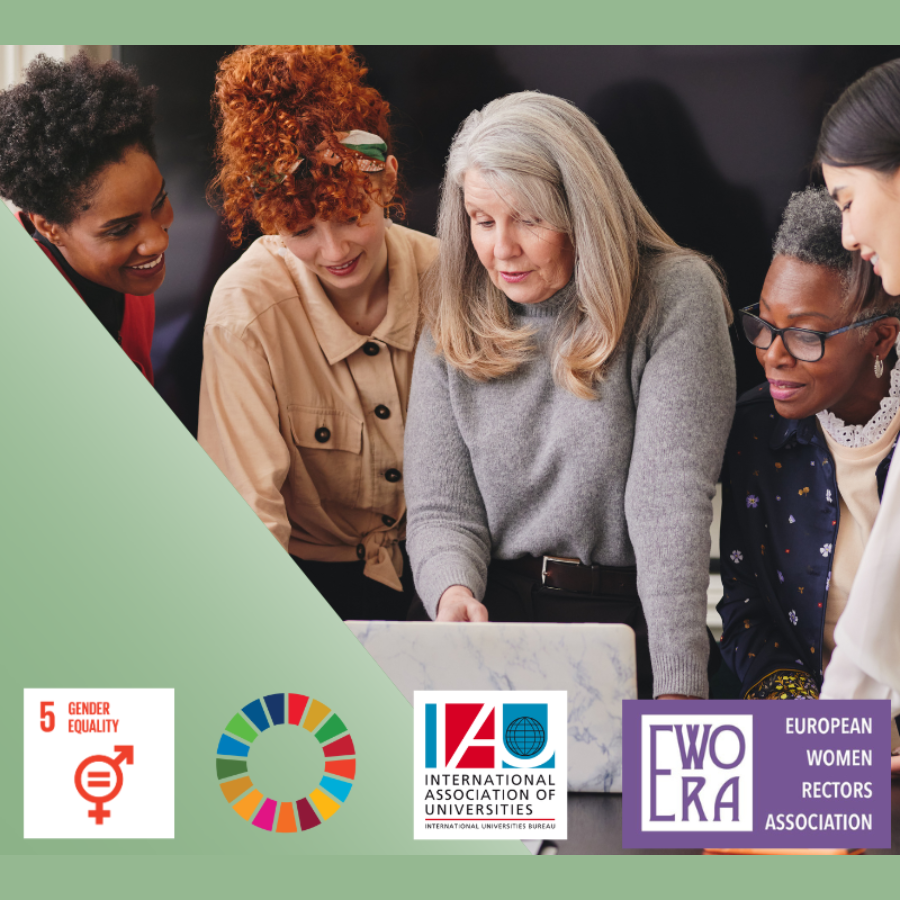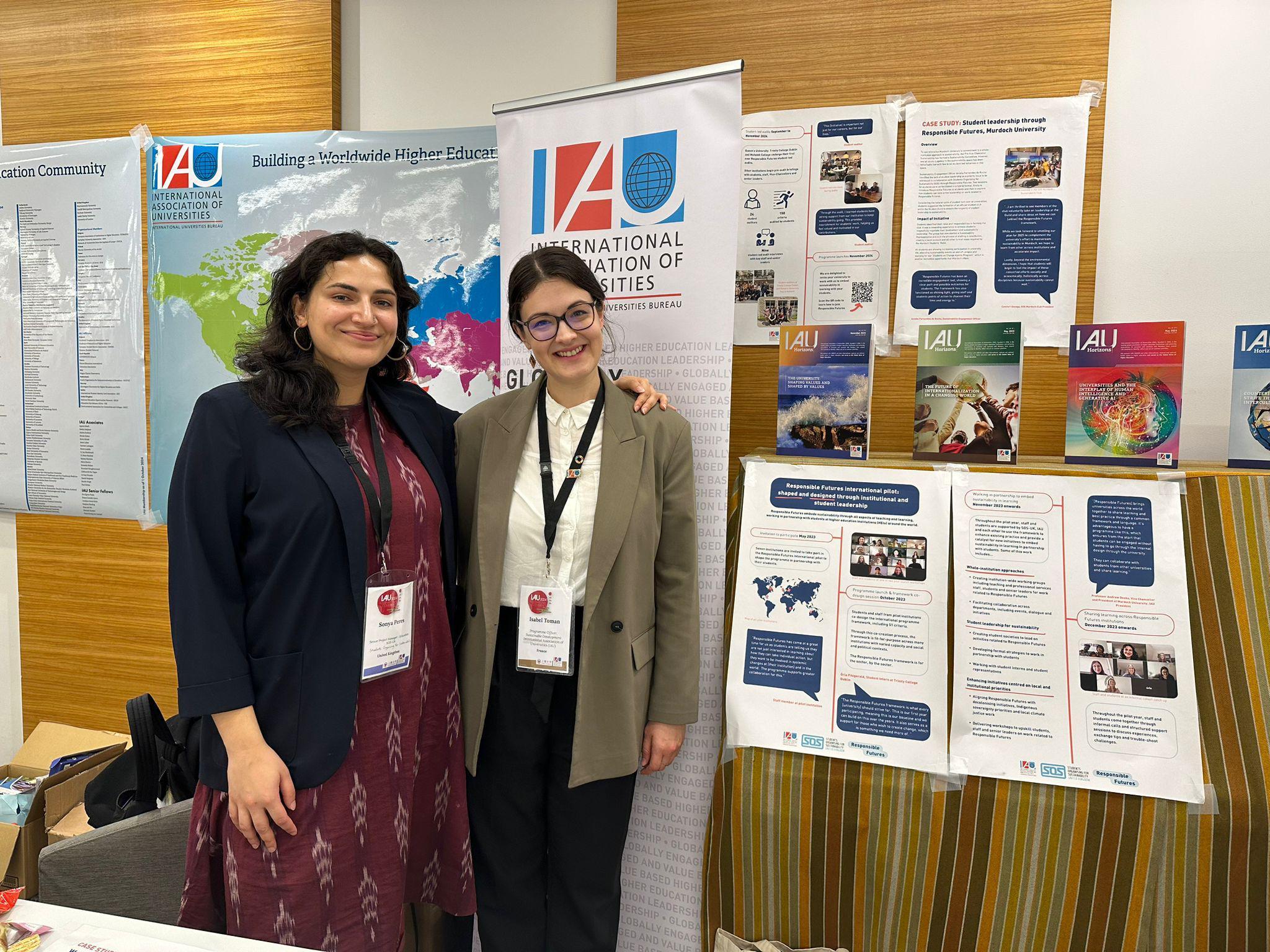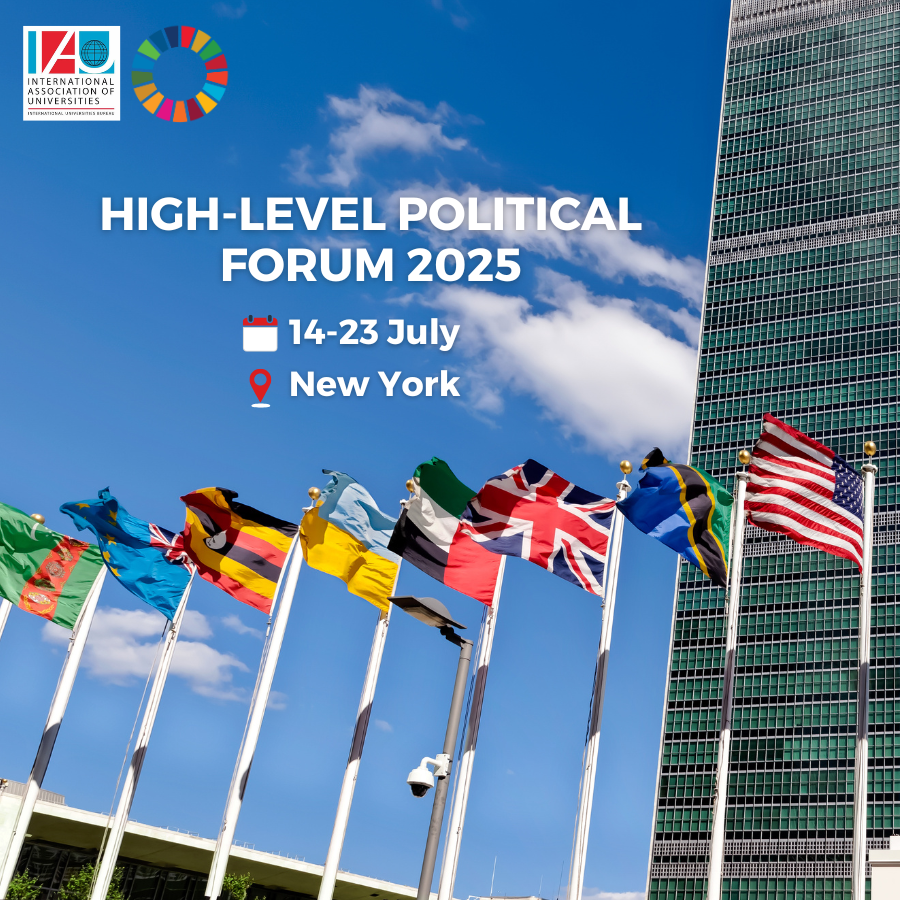
The High-Level Political Forum 2025 (HLPF) will convene under the theme: “Advancing sustainable, inclusive, science- and evidence-based solutions for the 2030 Agenda for Sustainable Development and its SDGs for leaving no one behind.”
This year’s Forum will review five interconnected goals:
-
SDG 3 – Good Health and Well-being
-
SDG 5 – Gender Equality
-
SDG 8 – Decent Work and Economic Growth
-
SDG 14 – Life Below Water
-
SDG 17 – Partnerships for the Goals
The Forum will welcome high-level representatives from governments, UN bodies, academia, civil society, and the private sector. In addition to the ministerial segment (21–23 July), the programme will include:
-
Voluntary National Reviews (VNRs) showcasing country-level progress
-
Side events, special sessions, VNR Labs, and exhibitions exploring practical, interdisciplinary, and collaborative pathways to sustainability
As an organisation holding ECOSOC consultative status, the International Association of Universities (IAU) actively contributes to this important UN platform. We are pleased to announce that IAU will participate in the 2025 HLPF with a small delegation, led by the IAU Secretary General, and including representatives from the University of Gothenburg and institutional partners. Together, we aim to highlight the critical role of higher education in advancing the SDGs, now and beyond 2030.
IAU and partners will be involved in the following events during HLPF 2025:
-
Science Day on Tuesday, 15 July, organised by the International Science Council (onsite/online). More information here.
-
Event hosted by the Education and Academia Stakeholder Group
Wednesday, 16 July (on site, for HLPF participants) -
HLPF Side Event: Solving Real-World Water Challenges through Empowering Youth Innovation
18 July, 09:30 AM - 12:00 PM Eastern time
Co-organizers: PRME Students, HESI Student Action Group, UNESCO IESALC
Location: PRME, UN Global Compact Office, 685 Third Avenue, 12th Floor & hybrid-online.This session explores how students and young people can become active problem-solvers in tackling real-world water issues — from urban flooding and biodiversity loss to water equity and pollution. Grounded in the of SDG 6 (Clean Water & Sanitation), SDG 8 (Decent Work & Economic Growth), and SDG 14 (Life Below Water), it brings together higher education, corporate professionals, and youth to co-develop pathways that link sustainability education with innovation, community impact, and green careers.
More information here.
-
Global Higher Education Symposium
18 July 2025, 1:00 PM to 6:00 PM EDT New York, USA (Invitation Only)
Partners: United Nations Academic Impact (UNAI), UNESCO, ISC, International Association of Universities (IAU), SDSN, German Center for Research, York UniversityAlongside HLPF, this Symposium aims to address the critical role and potential of, as well as trust in, higher education institutions (HEIs). As globally networked actors in advancing livable futures across the globe, HEIs must aim to critically engage with current frameworks, such as the SDGs, as well as a post-2030 development agenda.
-
HESI Global Forum 2025
Breaking Barriers in Sustainable Development Through Scientific, Inclusive and Equitable Solutions
21 July, 07:00 AM - 09:30 AM EST NYC time (virtual)Each year, HESI organizes a global forum as a special event for the High-level Political Forum on Sustainable Development (HLPF) – UN’s main platform for the follow-up and review of the 2030 Agenda for Sustainable Development at the global level - to highlight the critical role of higher education in achieving sustainable development.
HESI website: https://sdgs.un.org/HESI
-
Side Event: Accelerating SDG 8 implementation: How academia can support policies and partnerships that provide decent work for all and sustainable economic growth
22 July, 1:15 p.m. - 2:30 p.m. NYC time (on site, UN HQ, room F)Partners: University College Dublin (UCD), United Nations Academic Impact (UNAI) SDG Hub 8, International Labour Organization (ILO), International Association of Universities (IAU), UN Sustainable Development Solutions Network (SDSN) – the SDG Academy, University of Gothenburg, University of Auckland, University of Nigeria Nsukka, Makerere University, University of Economics Ho Chi Minh City.
Member State partners: Nigeria, Kenya, UgandaAcademia is uniquely positioned to be a driver of sustainable development through research, innovation, education, and collaboration. In support of SDG 8 Decent Work and Economic Growth, universities have the opportunity and responsibility to shape an inclusive, equitable and resilient future.
-
Teaching the Change: Inclusive, Evidence-Based Learning for the SDGs
22 July 1:00 PM - 2:20 PM GMT+2 (online)
Organised by Sulitest & PRMEIn a rapidly shifting world shaped by misinformation, eco-anxiety, technological disruption, and polarized politics, education systems are at a critical crossroads. This side event, organized by Sulitest and Principles for Responsible Management Education (PRME), explores how science-based, inclusive, and transformative education can support the 2030 Agenda and ensure all students develop sustainability literacy–knowledge, skills and mindset.
The event will open with a data-driven exploration of current trends in sustainability education, and discuss evidence- and science-based education: How do we empower students to think critically, navigate misinformation, and manage eco-anxiety? Next to a focus on Inclusive pedagogy: How can education elevate diverse voices and cultivate self-awareness, empathy, and collaboration competencies?
Learn more and register here.
Please note that this list might be updated with changes and other events over the next few weeks. The information is intended for higher education representatives at the HLPF or wishing to engage online, and is provided without guarantee of correctness.
The new IAU HESD Cluster Report 2024–2025 will also be shared publicly at the HLPF. The report showcases concrete contributions and collaborations from various higher education institutions toward all 17 SDGs.
As the 2030 deadline approaches, the HLPF remains a central space for reinforcing accountability, fostering innovation, and ensuring no one is left behind.
Click here for more information.
